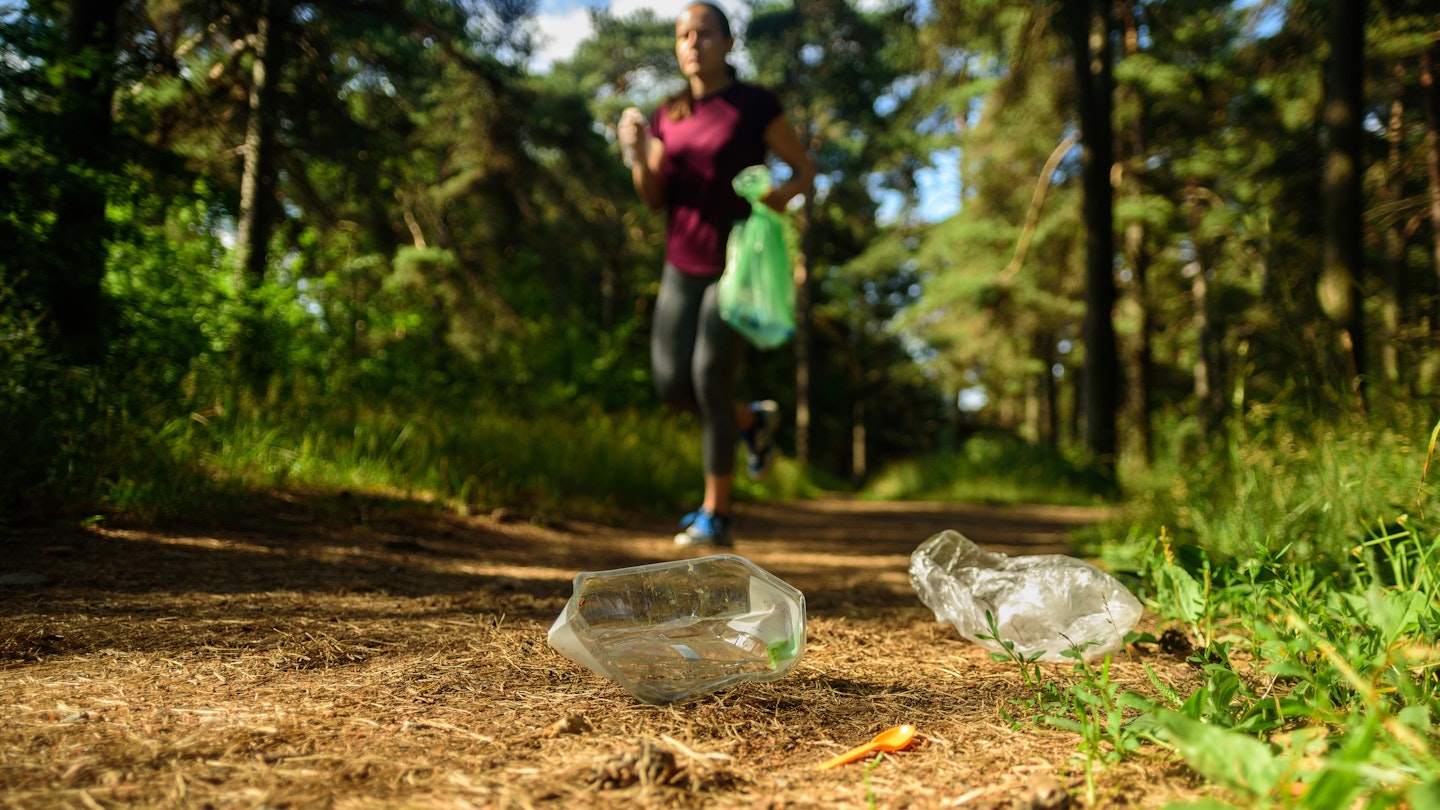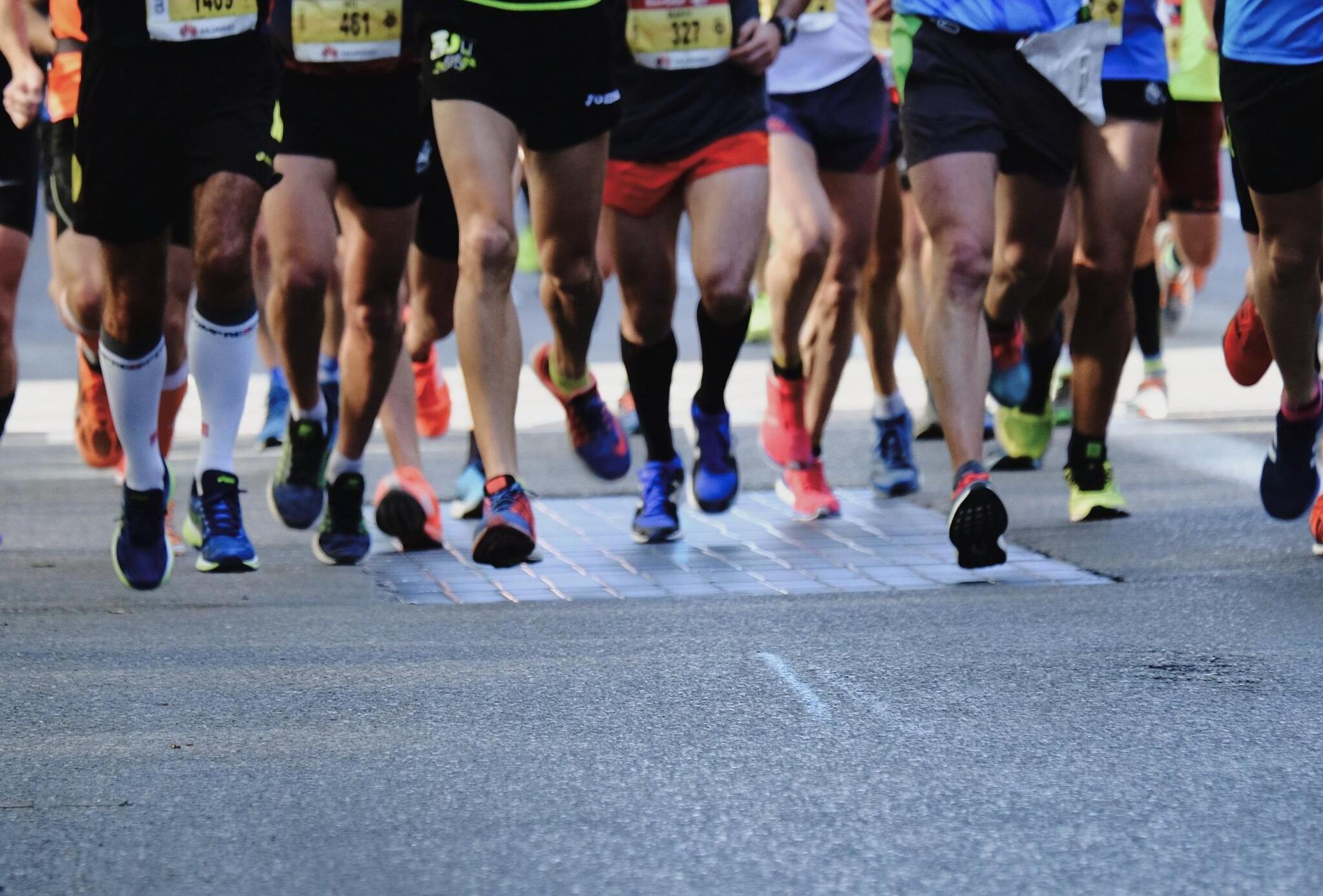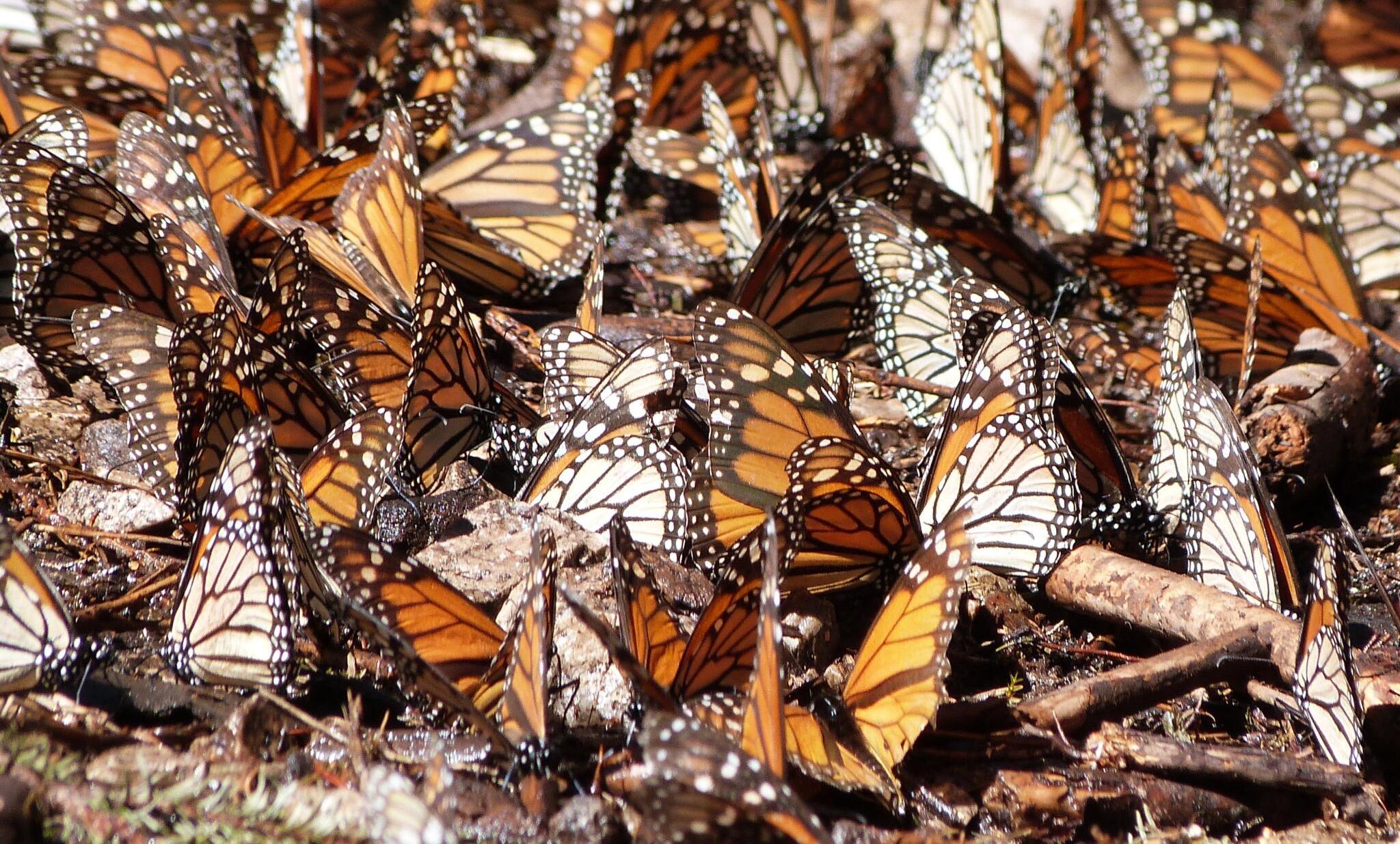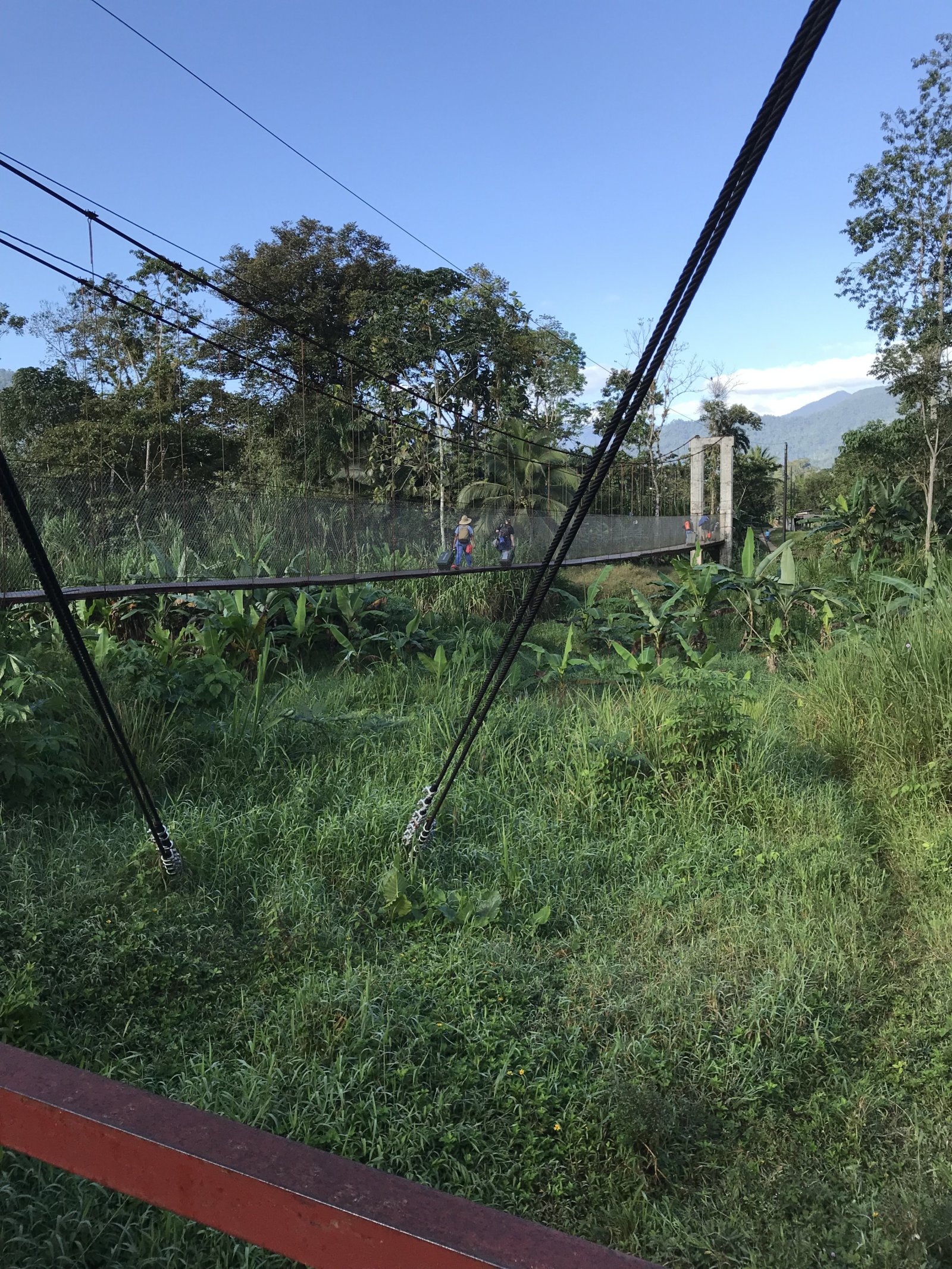Plogging: The Wholesome Fitness Trend for a Cleaner Planet
The latest wholesome lifestyle trend emerging from Scandinavia, ‘plogging’ combines environmental work with outdoor exercise. But what is it all about? James Kay dusts off his gym shorts and arms himself with a litter picker to find out.
It’s not a sight I’m usually excited to see: a shopping trolley abandoned in a park. But this one – left by a bench after, I presume, a petty theft from the nearest Tesco – is just what I’m after; a near perfect vessel to transport the increasingly cumbersome produce that has accumulated during my first-ever plog.
Plogging – a portmanteau that combines the Swedish plocka (to pick) with jogging – is a global lifestyle trend conceived by the forward-thinking Scandinavians. The idea is simple: when you run (or walk for that matter), take a bag and pick up rubbish along the way. But what is the appeal, and why are people around the world embracing it?

To find answers, I’ve joined a plog in the company of Dermot Kavanagh and Phoebe Abrahams, founders of Plogolution – a group of volunteers who organize plogs across London.
Since Dermot and his co-founder Michelle Parkes set up Plogolution in July last year, over 1200 people have joined more than 50 plogs, both in the city and beyond, collecting tonnes of rubbish from the environment.
As the rain starts to spit in Walpole Park, Ealing, Dermot and Phoebe distribute black bags, protective gloves, and litter-pickers to about two dozen enthusiastic participants ranging from children to pensioners.
The group, which includes volunteers from the Green S Welfare force, divides into two. I join Dermot on a 5km run; everyone else walks with Phoebe on a 2km route. The duo has scouted the park, knowing precisely where to look.
‘This is a clean park, which is something to celebrate – but there’s still rubbish to collect,’ Dermot explains, briefing us on what to tackle and what to avoid. Before concluding, he emphasizes, ‘We’re all here to enjoy ourselves and make the planet a better place.’

Dermot and I head out around the perimeter while the walkers clear the footpaths. Within five minutes, we have filled the first few bags with single-use plastic, sweet wrappers, cigarette packets, crushed cans, and less pleasant debris. By the halfway point, we have more than we can carry. Then we spot the serendipitous trolley.
The stop-start nature of plogging creates a different workout compared to a normal run. Bending down to pick up a stray crisp packet incorporates squats into your routine; soon enough, a sheen of sweat forms on my brow, affirming those burning calories.
Plogging evokes mixed emotions: on one hand, the exercise releases endorphins, feel-good chemicals that elevate mood. Conversely, there’s the frustrating realization of how much waste contaminates our environment, particularly for city dwellers who have become unconsciously blind to the trash they encounter daily.
Areas around benches are particularly disheartening – a grim array of beer cans and vodka bottles. Furthermore, in the undergrowth near the park’s edge, we find patches strewn with needles and condoms, highlighting how littering is linked to deeper social issues.

Organizations like Keep Britain Tidy, Keep America Beautiful, and Clean Up Australia have long organized litter-picking events. However, plogging provides a fresh approach to this age-old concept and has captured imaginations across the globe, from Costa Rica to Bali, and from Finland to Malaysia.
Its ‘inventor,’ Erik Ahlström, conceived the concept on his commute after observing the growing litter in Stockholm. After he began plogging, Erik launched a website and subsequently a non-profit organization known as Plogga, aimed at achieving a rubbish-free world, gaining traction both in Sweden and internationally.
‘During my daily cycling trip, I was shocked by the amount of junk present in nature,’ Erik shares. ‘The same debris could remain in the street for several weeks, so I started picking it up. It felt good at heart to clean up a small area.’
Pushing our overflowing trolley back to the starting point, Dermot and I pass a family who breaks into spontaneous applause at our efforts. Sorting through the unpleasant remnants in our bags is certainly not enjoyable, but the result is remarkable: in less than an hour in this relatively clean park, we have collected more than a dozen bags.
Apart from the commendable primary goal of plogging, there’s another significant aspect that may capture the interest of responsible travelers looking to connect with local communities: it fosters relationships and nurtures community spirit.

‘When I first started plogging, the idea of conversing with complete strangers was intimidating,’ Phoebe admits. ‘However, beyond enhancing the environment, that’s become one of my favorite aspects; we’ve had toddlers engaging in the activity alongside an 89-year-old using a walker. There are absolutely zero barriers.’
To further exemplify this connection, after we finish sorting everything for the council to collect, the sub-group from the Green ‘S’ Welfare force distributes plates of chickpea curry and cups of masala chai, which we enjoy together as the rain begins to fall more heavily.
This gesture – and the event itself – brings to mind the words of renowned American cultural anthropologist, Margaret Mead: ‘Never doubt that a small group of thoughtful, committed citizens can change the world; indeed, it’s the only thing that ever has.’
Consequently, if you’re eager to enhance your fitness while contributing to a cleaner environment, one crisp packet at a time, you know what to do: plog on.

Where Can I Plog?
In short: anywhere. Part of plogging’s charm is its inclusivity; informal groups are emerging everywhere. If you’re keen to join an organized plog during your travels, consider searching social media channels like Twitter and Instagram for hashtags such as #Plogga and #Plogging (Instagram alone features over 60,000 photos of plogging participants worldwide, spanning diverse locations from Seoul to India and Brazil).





